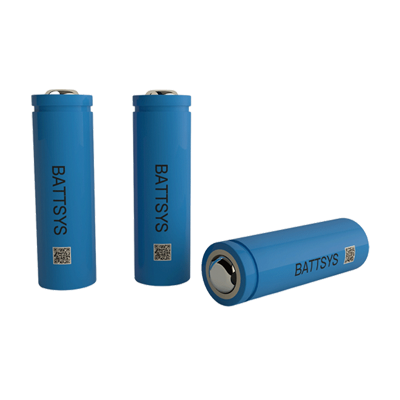What is the difference between lithium polymer
lithium batteries and lithium iron phosphate batteries?
The use of electronic devices cannot be separated from the support of batteries. It can be said that the existence of batteries has made the operation of electronic devices much more stable, and now there are many types of batteries to choose from, showing different application effects. So what is the difference between lithium polymer lithium batteries and lithium iron phosphate?
Different chemical materials
Lithium polymer batteries and lithium iron phosphate batteries are both types of lithium-ion batteries, but their chemical composition and performance are different. Only when used in the correct environment and conditions can the battery function effectively.

There is a difference in voltage usage
There are many fields that pay attention to the differences between lithium polymer lithium batteries and lithium iron phosphate batteries, mainly because selecting the appropriate battery according to the usage field will bring a much more stable application effect. The voltage of these two types of batteries is very different. The voltage of
lithium iron phosphate batteries is 3.2V, while the voltage of lithium polymer batteries is 3.7V.
There is a difference in capacity between the two
The effectiveness of batteries has received attention from many industries, but different types of batteries are suitable for different ranges of use. Nowadays, the difference between lithium polymer batteries and lithium iron phosphate batteries is mainly in terms of capacity. Lithium polymer batteries have a relatively large capacity, while lithium iron phosphate batteries generally have a capacity of 1100mAh, which is relatively small.
Different application ranges
1. Lithium polymer battery: Using polymer as the electrolyte and lithium cobalt oxide (LiCoO2) as the electrode material, it has the characteristics of high energy density, high charging efficiency, and low self discharge rate. Lithium polymer batteries also have good safety performance and are not prone to dangerous situations such as overheating and fire. Therefore, they are widely used in electronic products such as smartphones, tablets, and laptops.
2. Lithium iron phosphate battery: Using
lithium iron phosphate as the positive electrode material, the electrode material is graphite or carbon fiber, etc. It has the characteristics of high cycle life, low internal resistance, and good safety performance. Lithium iron phosphate battery also has high charging efficiency and low self discharge rate, which is widely used in electric vehicles, energy storage systems, and other fields.
The discharge currents of the two are different
There are many people who pay attention to the difference between lithium polymer lithium batteries and lithium iron phosphate. The main thing is to understand them in order to use batteries correctly. The maximum discharge current of lithium polymer is 5 times, while the discharge current of lithium phosphate battery is as high as 10 times. However, the charging of both batteries is the same, and suitable batteries can be used according to the needs of use.
In general, both lithium polymer batteries and lithium iron phosphate batteries have their own advantages and applicable fields. Choosing which type of battery depends on one's actual needs. Overall, the differences mainly lie in capacity, current, voltage, material, and other aspects.
